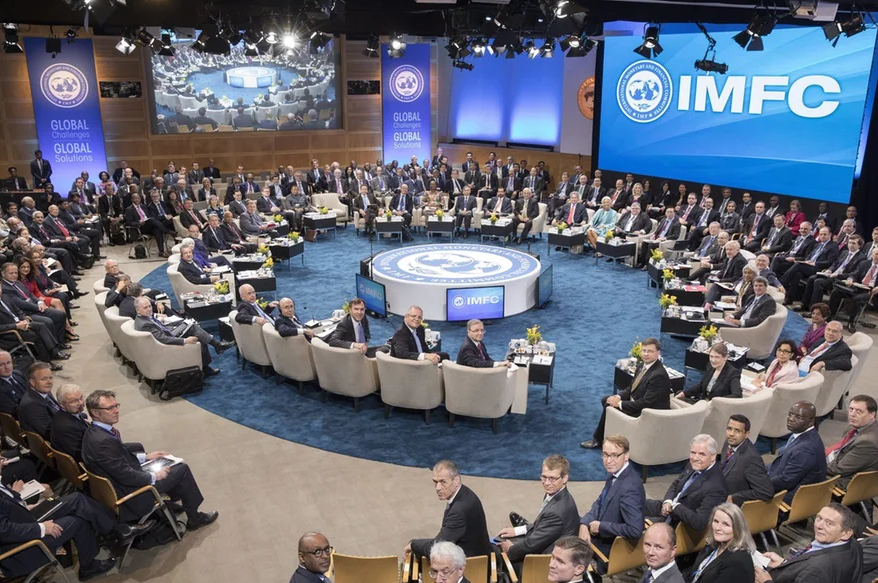Maurer says it is in Switzerland’s own interest to implement the global tax reform for large multinationals. © Keystone/Anthony Anex The Swiss government has pledged to implement from 2024 the minimum tax rate for large multinational companies under a global tax deal. Under a timetable presented by Finance Minister Ueli Maurer on Thursday, a temporary regulation will ensure the minimum rate of 15% for companies with a turnover of more than €750 million (CHF786 million) comes into force following a vote on a constitutional amendment in June 2023. Subsequent legal reforms, affecting an estimated 2,000 Swiss subsidiaries of foreign companies and about 200 Swiss firms, would be decided by parliament at a later stage. Maurer said the proposed procedure allowed
Topics:
Swissinfo considers the following as important: 3.) Swissinfo Business and Economy, 3) Swiss Markets and News, Featured, newsletter, Politics
This could be interesting, too:
Investec writes The Swiss houses that must be demolished
Claudio Grass writes The Case Against Fordism
Nachrichten Ticker - www.finanzen.ch writes Die Performance der Kryptowährungen in KW 9: Das hat sich bei Bitcoin, Ether & Co. getan
Nachrichten Ticker - www.finanzen.ch writes Wer verbirgt sich hinter der Ethereum-Technologie?

Maurer says it is in Switzerland’s own interest to implement the global tax reform for large multinationals. © Keystone/Anthony Anex
The Swiss government has pledged to implement from 2024 the minimum tax rate for large multinational companies under a global tax deal.
Under a timetable presented by Finance Minister Ueli Maurer on Thursday, a temporary regulation will ensure the minimum rate of 15% for companies with a turnover of more than €750 million (CHF786 million) comes into force following a vote on a constitutional amendment in June 2023.
Subsequent legal reforms, affecting an estimated 2,000 Swiss subsidiaries of foreign companies and about 200 Swiss firms, would be decided by parliament at a later stage.
Maurer said the proposed procedure allowed Switzerland to keep up with other countries trying to attract multinationals. It also provided the necessary legal certainty for the business community.
“If 15% is going to be levied, we want to levy that in Switzerland,” he told a news conference. “It will ensure that Switzerland remains competitive as an international business hub.”
Maurer said the procedure was agreed with the 26 cantons and the municipalities, which have wide-ranging financial autonomy, as well as the business community.
Revenue
He added that it was too early to estimate how much more tax revenue the cantons would collect, or what kind of benefits may be on offer for companies.
Details of the Swiss regulation were still being worked out with the Organisation for Economic Co-operation and Development (OECD)External link, which had agreed the global tax with the world’s top 20 economies last year.
The deal is meant to make it harder for big companies to avoid taxation and put Switzerland under renewed pressure over its traditionally low corporate tax policy.
Some companies will have to pay higher taxes, but the proposed legal procedure gave Switzerland “fiscal policy leeway to counteract a possible loss of attractivity as a business location”, according to finance minstryExternal link.
Tags: Featured,newsletter,Politics








